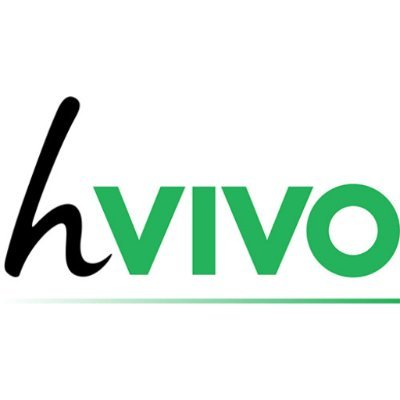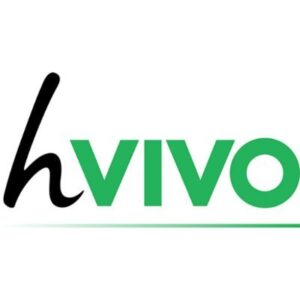Between J.P. Morgan’s London headquarters and the Mastercard office in Canary Wharf lies an unassuming building that is home to some of the most transmissible viruses known to science. This is where hVIVO, a contract research organisation, conducts human challenge studies for respiratory and infectious diseases. These studies, which gained prominence during the Covid-19 pandemic, involve small groups of volunteers being intentionally infected with a virus to test potential vaccine and drug candidates in the early stages of development.
The new hVIVO facilities in Canary Wharf represent a significant advancement in testing therapeutic candidates. With over 80 studies completed, including the first for SARS-CoV-2, hVIVO aids pharmaceutical companies and biotechs in evaluating early-stage candidates before embarking on large-scale clinical trials, which are both time-consuming and costly.
As climate change and urbanisation increase, the prevalence of infectious diseases is expected to rise. For instance, warmer temperatures could spread mosquito-borne viruses like Dengue fever to regions beyond the tropics.
At an investor’s day event, hVIVO’s CEO Dr Yamin Khan emphasised the unique location of their new facility in Canary Wharf, an area typically associated with finance rather than science. This move aligns with Canary Wharf Group’s vision to establish the area as a European hub for life sciences. The group is already attracting companies to a new 23-storey, 823,000ft² building, aiming to transform the area into a life sciences centre.
For hVIVO, the new facility will enhance the efficiency of their human challenge studies. Volunteers willing to be infected with diseases will stay in state-of-the-art private rooms, equipped with PlayStation 5s and TVs, overlooking the high-rises of Canary Wharf. Meanwhile, hVIVO scientists will work in laboratories equipped with the latest PCR machines and other advanced devices.
The company, focusing primarily on influenza and respiratory syncytial virus (RSV) inoculations, has implemented stringent security measures due to the high-risk biological agents it stores. This is a stark contrast to the neighbouring financial institutions.
hVIVO’s participant recruitment, branded as FluCamp, has gained significant attention online, particularly on TikTok, where videos from enrolled members have garnered around 16 million views. One popular video advertises, “Earn £3,000 with me at FluCamp.”
The benefits of human challenge studies are clear, providing scientific data on dosing, safety, and efficacy, and helping to de-risk later-stage trial data. Additionally, they offer clinical efficiencies by not relying on viral seasons. Professor Stephen Gordon from the Liverpool School of Tropical Medicine highlighted that the UK is a leader in human challenge trials. The UK and Europe play crucial roles in researching infectious diseases, especially compared to the more restrictive US regulatory frameworks. Human challenge studies can lead to financial savings and regulatory advantages, such as fast tracks or breakthrough designations. These studies are poised to be instrumental in combating future epidemic viruses, termed “Disease X” by the World Health Organization.
hVIVO’s new facility at Canary Wharf marks a significant step forward in the field of infectious disease research, combining cutting-edge technology with strategic location to enhance the efficiency and impact of human challenge studies.


